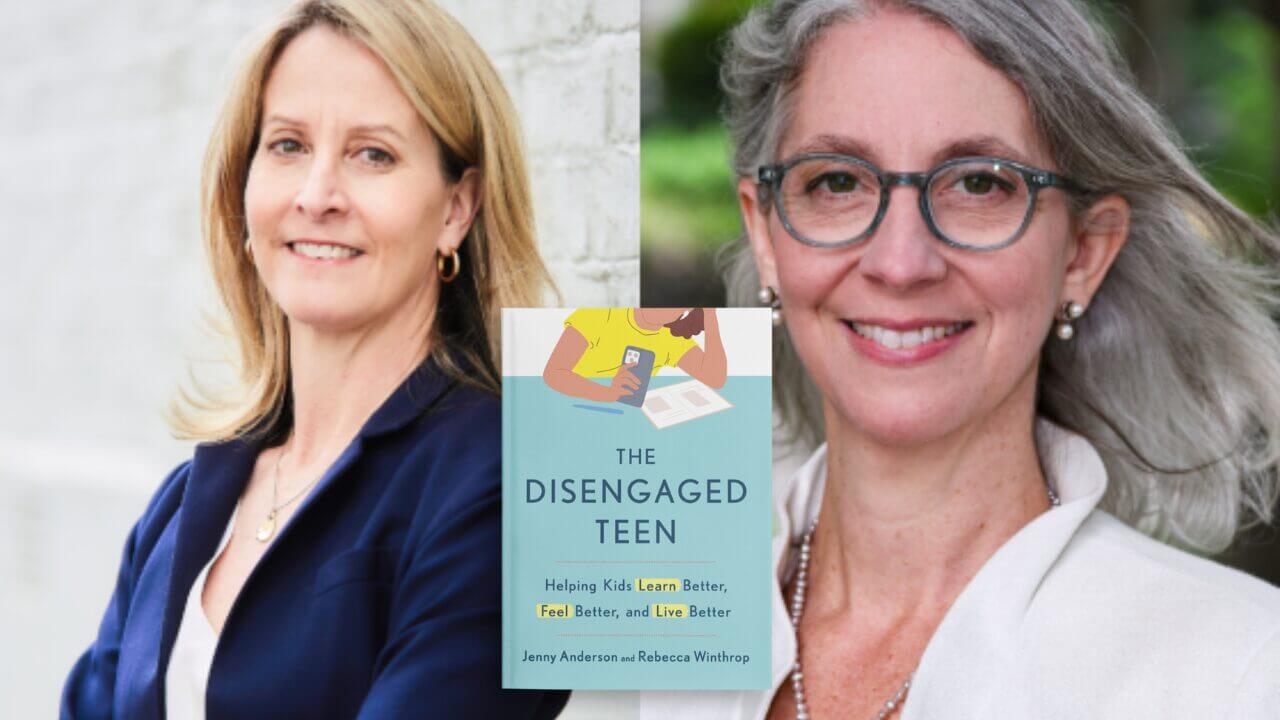Improvement Science in the Time of COVID-19
With the Covid-19 pandemic dramatically altering the structures, rhythms, and routines of K–12 education around the world, the Carnegie Foundation hosted a series of webinars that looked at how university-district partnerships are using an improvement mindset to respond to the challenges of the pandemic. In this webinar series, Improvement Science in the Time of COVID-19, educator-leaders discussed how they used improvement science-based tools, processes, and approaches to respond to the pandemic challenges related to coherence, equity, and engagement.
Featured in the series are four K–12 systems engaged in the Carnegie Foundation’s iLEAD (improvement Leadership Education And Development) initiative, which is comprised of district-university partnerships committed to the use of improvement science to develop leaders, address local problems of practice, and promote equitable educational opportunities and outcomes for all students. These partnerships were selected based on how improvement-thinking informed their responses to Covid-19 and plans for re-opening schools.
Improvement Webinar Series
Leading in Crisis: Flexibility and Adaptability Under Rapidly Changing Conditions in New York
Bronx County New York School District, Yonkers (NY) Public Schools, and the Fordham University Graduate School of Education
In this webinar, leaders of the district-university partnership shared how they used an improvement mindset to inform their crisis response to the pandemic. The crisis leadership frame highlights how district leaders maintained flexibility and adaptability in the face of the rapidly changing conditions precipitated by COVID-19. Also discussed is how improvement structures such as networked improvement communities (NICS) can support vitality and stability during the crisis. For example, these NICs allow for structured improvement conversations and activities focused on key challenges such as remote learning, instructional programming, and school reopening plans.
In addition to showcasing the work of existing district leaders, faculty from Fordham University discussed how they were able to boost the leadership pipeline through increased community-based interest in leadership developing programming, with a particular focus on strengthening students’ experiences and outcomes.
Staying Focused on Equity Amid COVID-19: How Chesterfield County Public Schools Is Using Improvement Science to Keep Fighting for Equity While Addressing the Pandemic
Chesterfield County Public Schools and University of Virginia
This webinar highlighted how this district-university partnership used the tenets of improvement science to redirect their efforts in response to the dual challenges of the and the fight for racial equity. After making the pivot to online virtual learning, the school division began to ask a series of questions:
- What can we learn from the changes we are making about what students are learning and how? (Be problem-focused and user-centered)
- How are students and their families responding to the changes? (Attend to variability)
- What data should be collecting? (Learn through disciplined inquiry)
- How will we measure the impact of the changes we are making? (Embrace measurement)
- Can we use this as an opportunity to better connect initiatives across our system? (See the system)
Throughout the spring and summer—including the planning around how to reopen school in the fall—CCPS has been able to build on their learnings to improve outcomes with each new iteration. The district-university partnership has provided support for addressing the emerging needs around racial equity, including through the use of inquiry as a strategy for facilitating racial equity conversations; a curriculum audit to examine cultural responsiveness; and social-emotional learning supports to assist students, staff, and families.
Creating Coherence Amid COVID-19: How Avondale Elementary School District and Arizona State University Are Using Improvement Science to Build More Consistent and Collaborative Systems
Avondale Elementary School District and Arizona State University
In this webinar, leaders of the university-distirct partnership highlighted their use of the tenets of improvement science to establish coherence in an instructional program. In response to COVID-19, AESD established virtual, grade-level teacher teams systemwide. The district used the crisis as an opportunity to break from the pre-COVID classroom-level and school-level silo structure to establish a coherent system comprised of consistent academic expectations and supports. These teams, which ranged from teacher-leaders to teacher-candidates, allowing AESD to distribute instructional expertise across the system.
ASU also responded to COVID-19 with a curricular innovation—the Sun Devil Learning Lab. The learning lab brought together professional educators from local school systems, ASU faculty, and teacher-candidates to develop free, online resources for K–8 classrooms. Through consultation and collaboration with local partners, ASU is now prioritizing a variety of supports for teams of educators to work more effectively with students in both virtual and in-person environments.
Ensuring Equitable Voice During COVID-19: How Fairfax County (VA) Public Schools Is Engaging With Students and Families to Strengthen District Supports
Fairfax County Public Schools and George Mason University
Leaders of the district-university partnership of Fairfax County Public Schools—the 10th largest school system in the United States—and George Mason University discussed their response to COVID-19 that focused on transparency and iterative improvement to strengthen coherence, equity, and engagement with teachers, students, and families. At the heart of these efforts, FCPS consistently and creatively engaged its stakeholders to ensure that the voices informing district action-planning represented the diversity of the district’s student population.
The district also leveraged its partnership with George Mason University to ensure instructional coherence and coordination. For example, FCPS was able to build-on and benefit from GMU’s experience in distance learning to rapidly build its own capacity in this essential area. Similarly, partnership coordination ensured that teachers, coaches, and mentors were able to work across institutional boundaries, minimizing disruption to key efforts such as school improvement planning.





